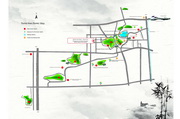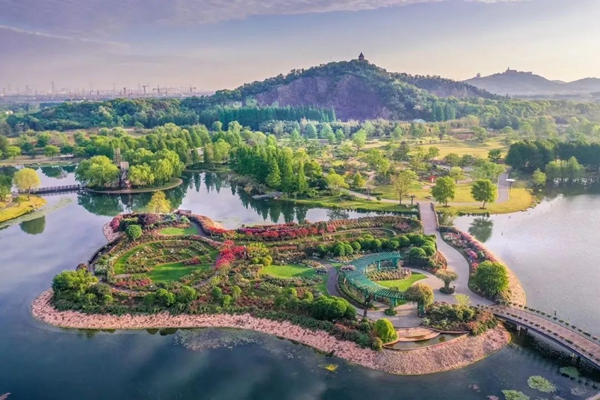
56 ethnic groups
( chinadaily.com.cn )
Updated: 2011-06-22
|
|||||||||
There are 56 ethnic groups in China. The Han ethnic group was recorded at 91.96% in 1990 during the fourth national census. The other 8.04% is comprised of 55 other groups, including the Achang, Bai, Blang, Bonan, Bouyei, Dai, Daur, De'ang, Dong, Dongxiang, Drung, Ewenki, Gaoshan, Gelo, Hani, Hezhe, Hui, Jing, Jino, Jingpo, Kazak, Kirgiz, Korean, Lahu, Lhoba, Li, Lisu, Manchu, Maonan, Miao, Moinba, Mongolian, Mulam, Naxi, Nu, Oroqen, Ozbek, Pumi, Qiang, Russian, Salar, She, Shui, Tajik, Tartar, Tibetan, Tu, Tujia, Uygur, Va, Xibe, Yao, Yi, Yugur and the Zhuang.
The Han people are spread throughout the country, but are concentrated on the middle and lower parts of the Yellow River, as well as the Yangtze River ad the Pearl River valleys. The other minorities of china are scattered widely throughout, and can be found in up to 64.3% of China, often in the boarder regions.
The majority of other ethnic groups live in Yunnan province, but it is common for there to be more than one ethnic group in each city or town. The fact that these minority groups are always found with many in one area, but can retain an element of the individual style of culture that has brought them to this point in their country's history continues to provide a foundation for further political, economic and cultural intercourse for the Han and the minorities in China. This has ensured the functioning of these ethnic autonomous areas.
Official Website of the Sheshan National Tourist Resort, Shanghai


